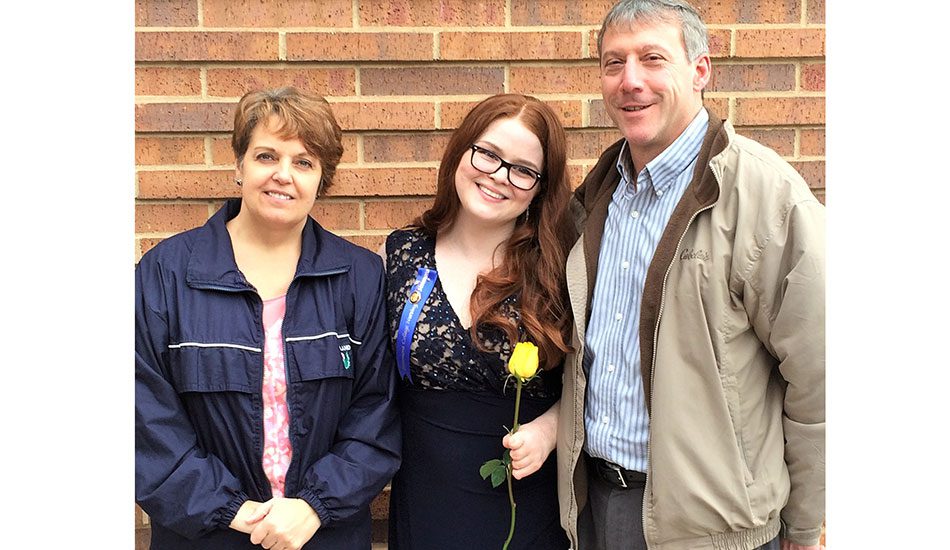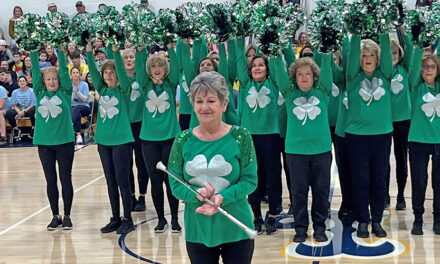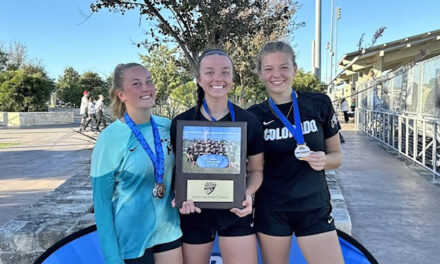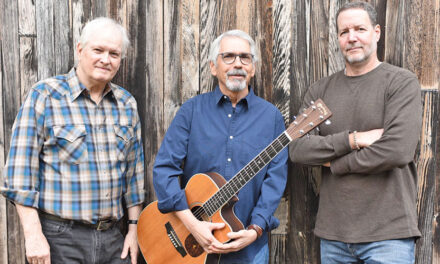NORTH READING — Kayla St. Pierre, a resident of North Reading and 2007 graduate of NRHS, has endured more medical complications than most people will ever experience in their lives, yet she continues to remain optimistic about the possibilities of her future and the kidney transplant she is hoping to receive.
At the mere age of 10, Kayla contracted bacterial meningitis, which eventually led to the loss of both her legs below the knee, most of her fingers, and the function of her kidneys. After experiencing kidney failure at age 12, Kayla was fortunate enough to receive a kidney transplant from her adoptive father, Tony LoRe, which allowed her to live a normal and healthy life for upwards of 17 years. Back in May of 2019, however, the transplant started to fail, so Kayla is now back on the grueling treatment of dialysis.
Kayla currently goes to the clinic three days a week to receive dialysis treatment – a process that is time-consuming and exhausting in and of itself. Prior to the outbreak of COVID-19, she could fall asleep during her four-hour treatments knowing that her adoptive mother, Heather LoRe, would be there to watch over her, but the pandemic has drastically changed the landscape of the medical field, causing visitation rules to become stricter.
“Normally in the hospital I stay with her, but because of COVID, she’s spent so many nights in the hospital alone, and she hasn’t ever had to do that before,” explained Heather.
In Kayla’s own words, “Dialysis is a treatment, not a cure,” as a lot of potential complications – like blood infections and blood clots – can develop over time, the longer an individual undergoes this treatment. If too much fluid is removed, patients on dialysis can experience seizures or become ill extremely fast if not attended to, which is why it has been extra difficult for Kayla to attend these dialysis appointments by herself.
Moreover, the COVID-19 pandemic has further set back Kayla’s ability to receive a new kidney transplant, as hospitals have been overrun with COVID patients since the onset of the pandemic. While she has received the COVID vaccine and a booster shot, and advocates for others to get theirs as well, Kayla still lives with caution, as she is immunosuppressed and cannot afford to take a step backwards on her journey to recovery.
The donor process
The average life expectancy of a person on dialysis is five to 10 years, which is why Kayla and her family are actively seeking help from a kidney donor. Unfortunately, her situation is not all that uncommon; there are currently 100,000 people in the U.S. waiting for a kidney transplant, with the average wait time having increased due to COVID. The wait for a deceased donor kidney is about six to eight years and the wait for a living donor depends on the manner in which the process is handled and how many people are interested.
One light at the end of the tunnel for Kayla and others in her situation is that hospitals are just starting to open up again for living donations, meaning that those willing to give the gift of life can get on waiting lists and fill out pre-screening questionnaires. The process of testing for compatibility can take several months but the reward, according to Tony, is well worth the sacrifice.
Having previously donated a kidney to Kayla himself, Tony knows firsthand how life-giving these surgeries are and what little risk they pose on the life of the donor. Given that he and Kayla are not blood-related, he believes that fate brought them together and that their match was nothing short of a miracle. He and Heather are now doing everything they can to secure a new transplant for Kayla, so she can experience a normal life again.
“Our goal is to help Kayla reach her goals,” Heather stated.
Eager to return to her own nursing profession
Kayla first graduated from Northeastern University, earning a Bachelor of Science degree in Psychology but eventually realized that something else was missing from her life, so she returned to school and graduated from Simmons University with a Bachelor of Science degree in Nursing a few years later.
While COVID and her current medical condition have forced her to step away from her nursing position at McLean Hospital in Belmont, a psychiatric hospital that combines her two passions of psychology and nursing, she misses it every day and looks forward to resuming her career.
“My favorite part is seeing patients making positive progress, seeing them become more well, seeing them discharged and going back to their normal lives, out of the hospital,” Kayla explained.
She credits her adoptive mother, Heather, as being a major source of inspiration behind wanting to pursue work in the medical field, as Heather is a Nurse Practitioner herself. Together, both women help run the Hope and Friendship Metastatic Breast Cancer Foundation, a non-profit volunteer organization based in Wilmington that organizes support groups for Stage IV breast cancer patients, conducts retreats, provides scholarships, and reimburses patients for symptom management therapy.
As Heather is currently living with Stage IV Metastatic Breast Cancer, Kayla has learned a lot about resilience through watching her mom combat her own health struggles.
“Heather’s taught me over the years that it’s really easy to be in a vulnerable position and just kind of give up, as opposed to fighting. And she’s taught me that it’s worth it to fight,” Kayla said.
While kidney failure affects every system of the body – from the brain and heart to the intestines and lungs – Kayla is not letting this knowledge get in the way of her dreams, aspirations, and patient advocacy goals. She has been an advocate for vaccinations since 2004 and also joined the National Meningitis Association in hopes of informing others that a new meningitis vaccine is now available. As a nurse, she also strives to support patients by supplying them with the information they need to be successful during their hospital stays.
Aside from the more medical-related aspirations she has, including raising awareness on the importance of vaccinations and decreasing the stigma of mental and physical illnesses, Kayla’s dreams are quite straightforward – she wants to travel and see the world, with the people she loves most.
And reflecting on the trajectory that her life has taken, she is grateful that her family has remained by her side through it all.
“When I was a young kid, I was a lot more resilient, dealing with this issue, but as I got older it became more difficult to handle it without support,” Kayla admits. “But luckily I have the best support system in the world. We are a very close family; we probably know more about each other than most families do, but I wouldn’t have it any other way.”
How to help give the gift of life
Only a simple blood test is needed to determine if you are a potential candidate for someone seeking a kidney transplant. The recovery period for donating a kidney can take upwards of two weeks. Learn more and register for an evaluation at www.bidmc.org and search for: “Living Kidney Donor” to consider giving the gift of life.
Those interested in hearing from the perspective of a living donor can contact Tony LoRe through the Transcript (nrtranscript@rcn.com) to ask questions about the process.
Registering as an organ donor at the Registry of Motor Vehicles (online or in-person) also makes a huge difference, as registered organ donors can save up to eight lives.





